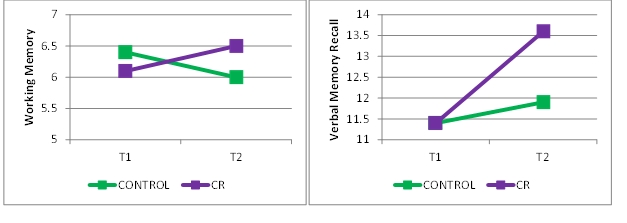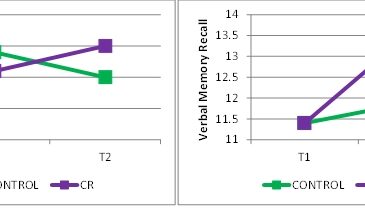Recent studies have provided evidence that cognitive impairments interfere with the treatment processes of individuals with alcohol use disorder (Blume, Schmaling, & Marlatt, 2005; Rinn, Desai, Rosenblatt, & Gastfriend, 2002; Teichner, Horner, & Harvey, 2001). Cognitive remediation therapy (CRT) involves a battery of tasks designed to improve attention, working memory, cognitive flexibility and other neurocognitive abilities. This week’s DRAM reviews a study that attempts to determine whether computer-based cognitive remediation (CR), in addition to a conventional inpatient treatment for alcohol dependence, produces cognitive improvement and improves treatment outcomes (Rupp, Kemmler, Kurz, Hinterhuber, & Fleischhacker, 2012).
Methods
- Forty-one individuals in treatment for alcohol-dependence who exhibited some level of cognitive deficit participated in the study.
- Half (n=21) received treatment as usual [Controls].
- Half (n=20) received, in addition to standard treatment, 12 individual training sessions using CR [CR group].
- Both before (T1) and after (T2) the four-week treatment period, researchers administered a battery of cognitive tests, including measures of attention, inhibition, and working memory.
- In addition, both at times T1 and T2, researchers assessed participants’ psychological well-being and alcohol craving.
- The authors compared the two groups and their performance before and after treatment using t tests, chi-square test, Fisher’s exact test, MANOVA and ANOVA.
Results
- Individuals who participated in the CR treatment sessions showed significant overall improvements from T1 to T2 in measures of attention (F(8,28)=3.23, p=0.01) and memory (F(5,31)=3.09, p<0.05) compared to those who did not. The Figure displays group scores on the specific tasks that helped account for these effects, working memory and verbal memory recall.
- The control and CR groups only differed significantly across time on 7 of the 13 specific attention and memory tasks.
- Individuals who participated in the CR treatment sessions also showed significant improvements from T1 to T2 in severity of psychological distress (F(1,35)=6.23, p<0.05) compared to those who did not.

Figure. Changes to working memory and verbal memory recall from T1 to T2 in control group [CONTROL] and cognitive remediation group [CR] (adapted from Rupp et al., 2012). Click image to enlarge.
Limitations
- This study had a sample size under 50 and a duration of only four weeks. A larger or longer study might allow researchers to statistically detect more benefits.
- The control group patients were not exposed to a computer during the length of the study. Improvements in the treatment group might have been due to a placebo effect induced by the additional time and attention given.
- Prospective participants were excluded if they had a history of any other mental disorder, a history of substance dependence other than alcohol or nicotine, or any of a list of other mitigating factors. Thus, the sample may not be representative of the average clinical practice’s population.
Conclusions
Worldwide, there have been efforts to study the potential beneficial effects of computer and video games. The report highlighted here can be thought of in that context, as work suggesting that the simple computer games described in the study can assist in the healing process and help people recover. The results suggest that computer-based cognitive remediation therapy may be a worthwhile element to add to an existing alcohol dependence treatment program. In addition, the results support the hypothesis that cognitive enhancement through CR can improve the overall psychological health of individuals undergoing treatment.
– Matthew Tom
What do you think? Please use the comment link below to provide feedback on this article.
References
Blume, A. W., Schmaling, K. B., & Marlatt, G. A. (2005). Memory, executive cognitive function, and readiness to change drinking behavior. Addictive Behaviors, 30(2), 301-314.
Rinn, W., Desai, N., Rosenblatt, H., & Gastfriend, D. R. (2002). Addiction denial and cognitive dysfunction: a preliminary investigation. Journal of Neuropsychiatry and Clinical Neuroscience, 14(1), 52-57.
Rupp, C. I., Kemmler, G., Kurz, M., Hinterhuber, H., & Fleischhacker, W. W. (2012). Cognitive remediation therapy during treatment for alcohol dependence. Journal of Studies on Alcohol and Drugs, 73(4), 625-634.
Teichner, G., Horner, M. D., & Harvey, R. T. (2001). Neuropsychological predictors of the attainment of treatment objectives in substance abuse patients. International Journal of Neuroscience, 106(3-4), 253-263.




